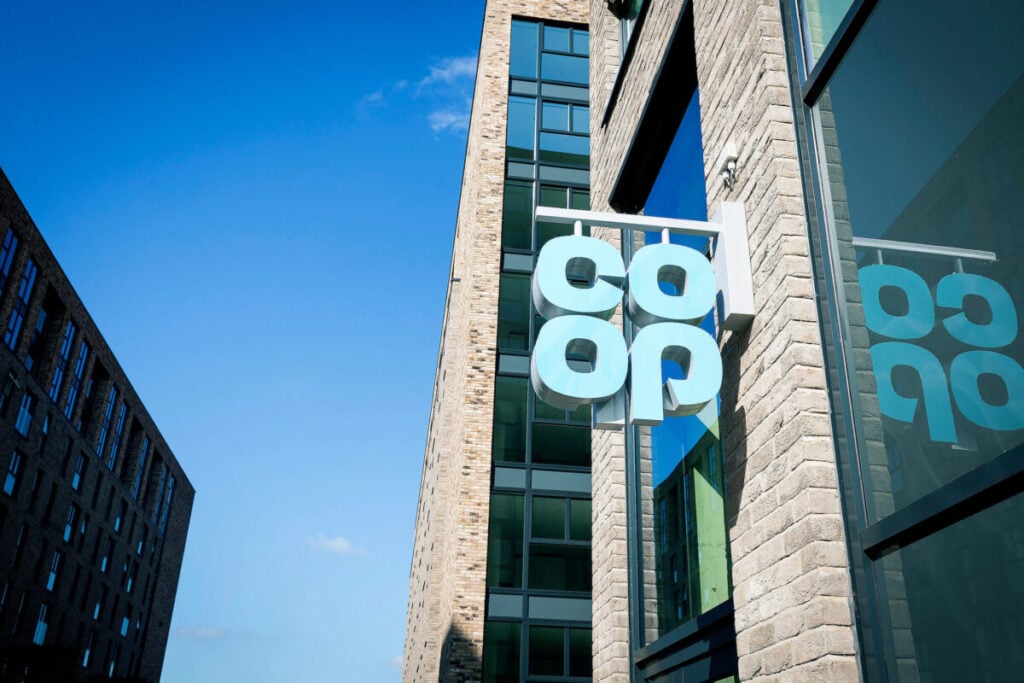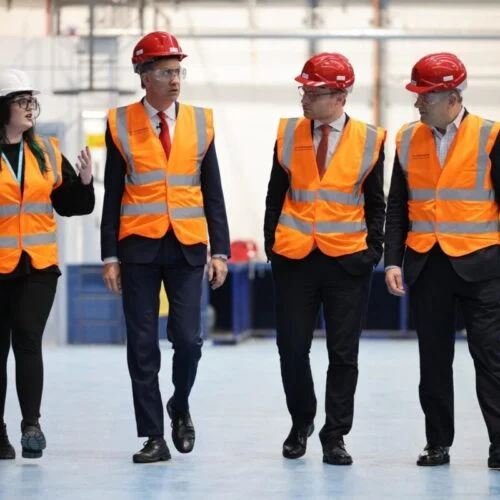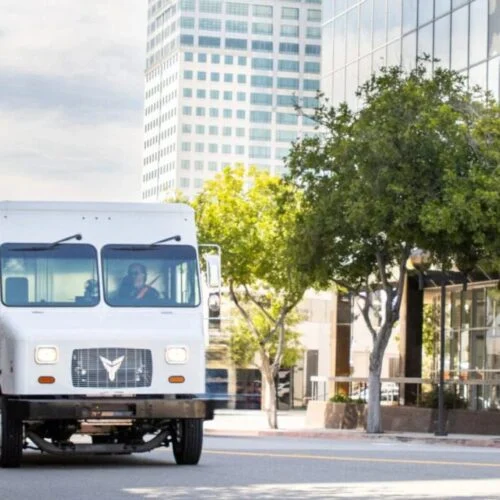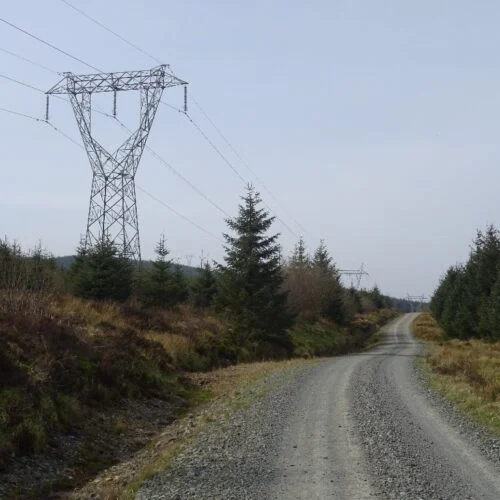A new report from the Green Alliance, commissioned by Co-Op, has shown that small businesses will play a “critical role” in helping the UK meet clean energy targets.
The report shows that electricity usage by small and medium enterprises (SMEs) is equivalent to 85% of all renewable electricity generated in 2024, demonstrating the potential size of the demand for renewable energy from SMEs.
However, the report also notes that despite this potential demand, a significant proportion of SMEs are unable to take on the cost needed to invest in renewable energy installations or energy efficiency upgrades such as heat pump installations or insulation improvements on their business sites, and many face impossibly high barriers to entry to secure access to power purchase agreements (PPAs).
As such, the Green Alliance and Co-Op have outlined a number of policy recommendations for the Department of Energy Security and Net Zero (DESNZ). These include bringing in zero rate VAT on building retrofits which improve energy efficiency, providing a scheme of low-cost loans to SMEs to enable them to build onsite renewable energy generation, reforming the Renewable Energy Guarantee of Origin (REGOs) scheme to ensure that it remains a relevant tool for helping reach Clean Power 2030 goals, increasing the minimum energy efficiency for leased commercial buildings to an Energy Performance Certificate (EPC) B rating for all new tenancies, and increasing the accessibility of PPAs for businesses by building a credit guarantee scheme and contract template for those seeking to access a PPA.
The report also recommends that all small businesses be provided with a free smart meter, noting that over three million small businesses—making up 42% of UK SMEs—do not have a smart meter installed despite the continuing rollout of smart meters in the UK.
Shirine Khoury-Haq, CEO of Co-op, said that small businesses have a “crucial” role in the energy transition, noting: “To deliver a better environment, create new jobs, and support our local community businesses, we must address barriers SMEs face in the clean energy transition.”
Roz Bulleid, research and policy director at Green Alliance, agreed, adding: “Policymakers can help by improving businesses’ insights into their power use and addressing the cost barriers to them going green, including through free energy audits, low cost loans and making permanent the VAT holiday on energy saving materials.”
Some targeted measures are being introduced to help specific sectors in the UK with their decarbonisation efforts. Among the most notable of these is a DESNZ scheme that will see 615 small and medium-sized pubs, hotels, cafes, and restaurants receive free energy and carbon reduction assessments, which is expected to help save participating businesses a total of £3 million on their energy bills.






